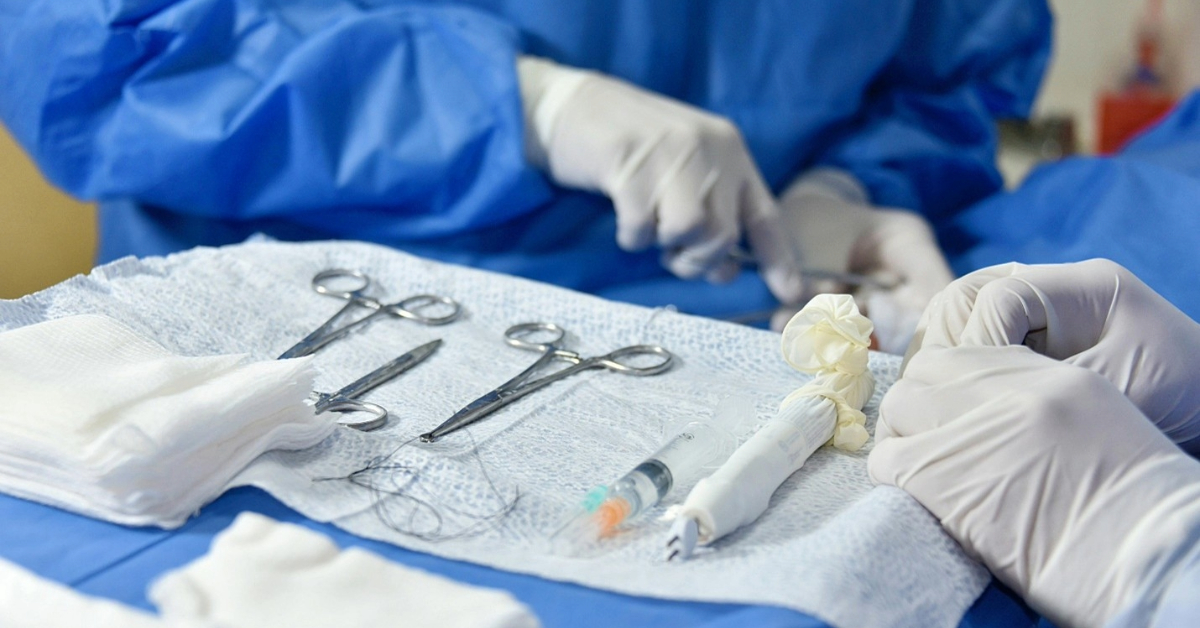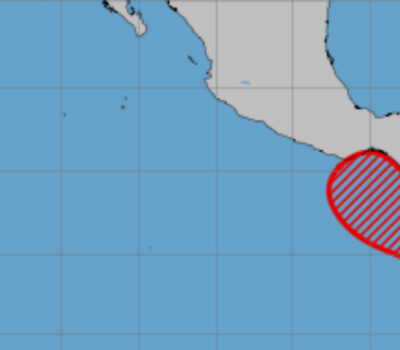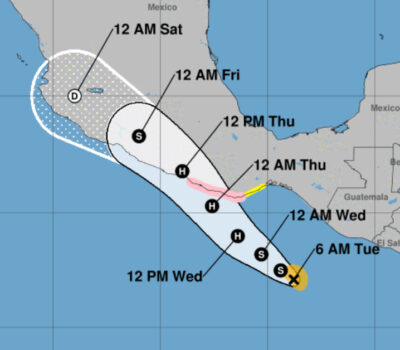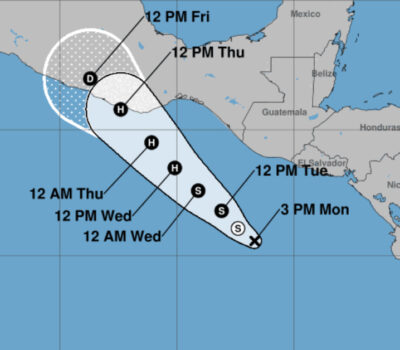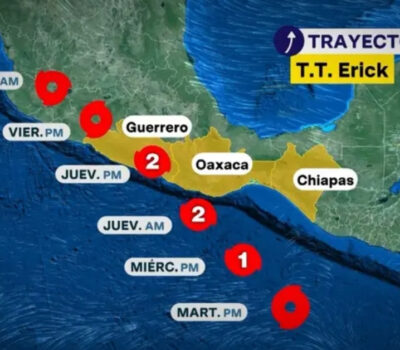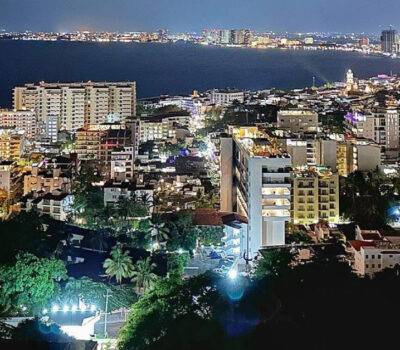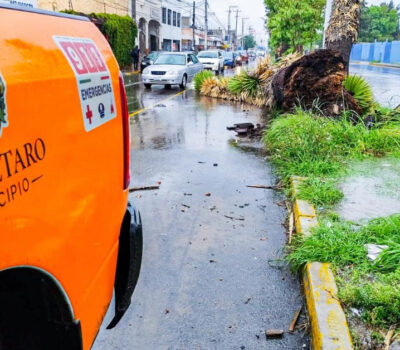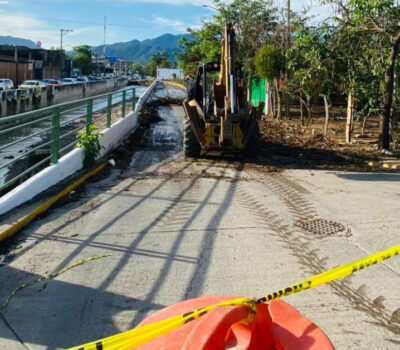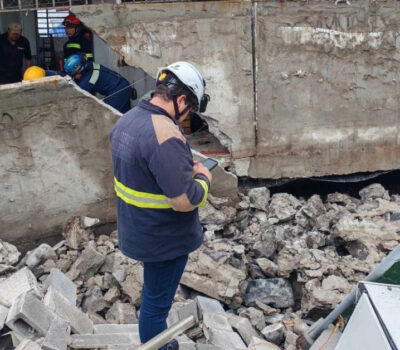
Health Risks and Preventative Measures
Living in Mexico as an expat offers vibrant cultural experiences and a warm climate, but it’s also important to be aware of health risks and take preventative measures to stay safe and well. Understanding potential health risks associated with food, water, insects, sun exposure, and altitude can help expats enjoy their time in Mexico with fewer health-related issues.
Food and water safety are essential aspects of staying healthy in Mexico. Tap water is generally not recommended for drinking, so most expats and locals alike rely on bottled water for drinking and brushing teeth. Using purified or bottled water is a common precaution that greatly reduces the risk of waterborne illnesses. When dining out, especially in areas where water quality may be uncertain, ensure that ice in drinks is made from purified water, or avoid ice altogether if you’re unsure. Eating at reputable restaurants can help reduce the risk of foodborne illnesses, as these establishments are more likely to follow strict hygiene standards. For those who enjoy street food, choose vendors that prepare food fresh and serve it hot, which helps kill off potential bacteria. Washing and peeling fruits and vegetables is also important, as it can remove any surface contaminants and lower the chance of ingesting harmful bacteria.
Insect-borne diseases, particularly in tropical and coastal regions, pose another health concern. Mosquitoes in these areas can carry diseases like dengue fever, chikungunya, and Zika virus. Protecting yourself from mosquito bites is crucial to prevent these illnesses. Using insect repellents that contain DEET or picaridin can effectively repel mosquitoes and other biting insects. Wearing long sleeves, pants, and light-colored clothing, especially during dawn and dusk when mosquitoes are most active, adds an extra layer of protection. In regions with high mosquito populations, using mosquito nets at night can also provide added safety, especially in areas with limited indoor climate control.
Sun exposure is a common challenge for expats adjusting to Mexico’s often sunny climate. To prevent sunburn, dehydration, and heatstroke, using a high-SPF sunscreen daily is essential, as UV exposure is high year-round. Wearing hats, sunglasses, and lightweight, long-sleeved clothing helps protect skin and eyes from direct sun. Staying hydrated is equally important, particularly in warmer or more humid regions, where heat-related illnesses are more common. Drinking plenty of water throughout the day supports your body’s ability to regulate its temperature and reduces the risk of heat-related health issues.
In Mexico’s high-altitude cities, such as Mexico City, Guanajuato, and Puebla, altitude sickness can affect newcomers, especially those not accustomed to higher elevations. Symptoms of altitude sickness include headaches, nausea, fatigue, and shortness of breath. If possible, it’s best to ascend gradually, allowing the body time to adjust to the lower oxygen levels. Staying hydrated and avoiding strenuous activities during the first few days can help reduce the symptoms. If altitude sickness symptoms persist, consult a healthcare provider, as they may recommend treatments or lifestyle adjustments to help you acclimate safely.
Awareness of these health risks and proactive measures can significantly reduce potential health issues for expats living in Mexico. By following food and water safety practices, protecting against insect bites, managing sun exposure, and adjusting gradually to high altitudes, expats can safeguard their health while fully enjoying the experiences that Mexico has to offer.
Food and Water Safety
- Tap Water:
- Generally not recommended for drinking.
- Use bottled water for drinking and brushing teeth.
- Ice and Beverages:
- Ensure ice is made from purified water.
- Avoid beverages with ice in establishments where water quality is uncertain.
- Food Precautions:
- Eat at reputable restaurants.
- Be cautious with street food; ensure it’s freshly cooked and hot.
- Wash and peel fruits and vegetables.
Insect-Borne Diseases
- Mosquito Protection:
- Use insect repellent containing DEET or picaridin.
- Wear long sleeves and pants, especially during dawn and dusk.
- Use mosquito nets if necessary.
- Areas of Concern:
- Coastal and tropical regions may have higher risks for diseases like dengue fever, chikungunya, and Zika virus.
Sun Exposure
- UV Protection:
- Wear sunscreen with a high SPF.
- Use hats and sunglasses.
- Stay hydrated to prevent heatstroke.
Altitude Sickness
- High Altitude Cities:
- Symptoms: Headaches, nausea, fatigue, shortness of breath.
- Acclimatization:
- Ascend gradually if possible.
- Stay hydrated and avoid strenuous activity initially.
- Consult a doctor if symptoms persist.
Health Insurance and Taxes
U.S. Tax Implications
- Affordable Care Act (ACA):
- U.S. citizens living abroad are exempt from the ACA mandate if they meet certain criteria.
- Foreign Earned Income Exclusion: May apply for those who qualify.
- Medicare Coverage:
- Not applicable outside the United States.
- Consider alternative coverage if relying on Medicare.
Legal Obligations and Documentation
Medical Records
- Transferring Records:
- Obtain copies of your medical records from U.S. healthcare providers.
- Translate important documents into Spanish if necessary.
Blood Type Information
- Importance:
- In emergencies, knowing your blood type is crucial.
- Carry a card or include the information in your wallet.
Health Emergencies and Evacuation
Emergency Medical Evacuation
- Insurance Coverage:
- Some health insurance plans include evacuation services.
- Stand-alone evacuation policies are available.
- Considerations:
- Evaluate the need based on your health status and location in Mexico.
For expats moving to Mexico, the public healthcare system can be an accessible and affordable option for maintaining health and well-being. Mexico offers . . .

